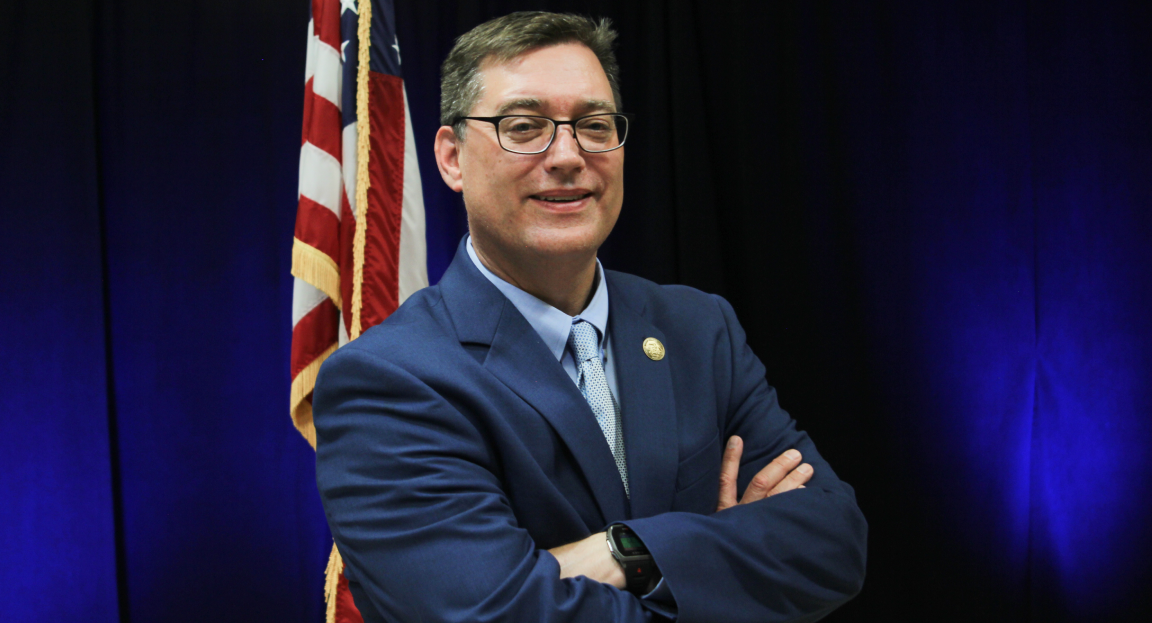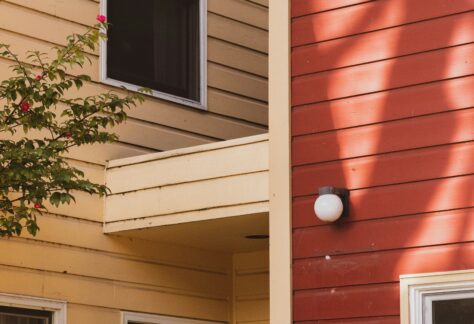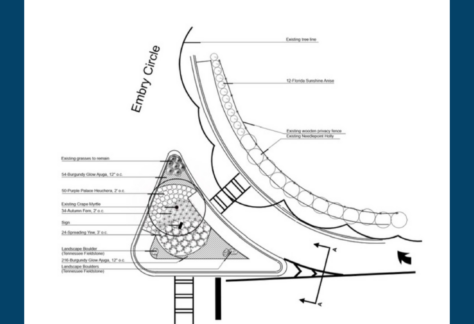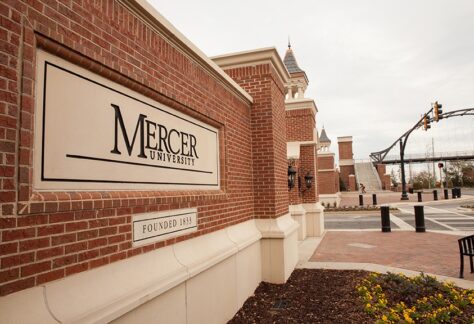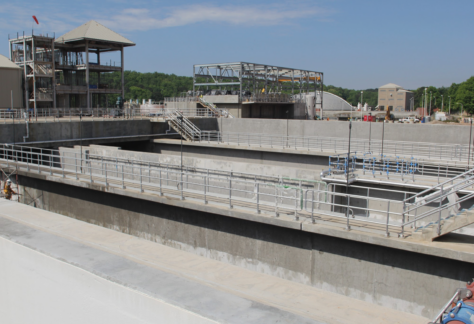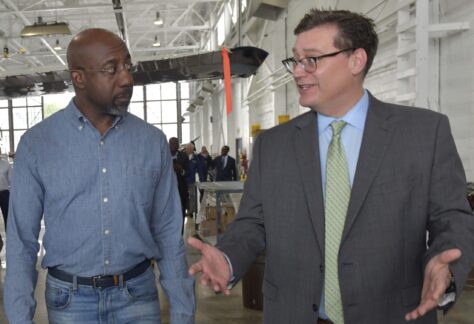Almost 80 years ago, DeKalb County, Georgia proposed a million-dollar bond to build a new water plant in modern day Dunwoody. That investment was considered risky back in the day, but quickly increased in value to six million dollars and was credited with bringing over $75 million in industrial development to north DeKalb; a phenomenal return on investment. Today, our generation is considering if we should make similar infrastructure investments in not just water and sewer, but storm water, transportation and trail systems.
Contrary to popular belief, viable communities and neighborhoods aren’t based just on curb appeal, they are based on infrastructure. DeKalb County has recently approved a plan to update our sewer systems for sanitary and economic development reasons. However, we must also consider the importance of a functional storm water system, not just for the sake of being green, but to protect our homes and neighborhoods from flooding. Transportation discussions have been on going to augment the I-285 PeachPass Lanes with a Bus Rapid Transit component not just because it enhances existing mobility for goods to move across the region, but to help our residents move between jobs, schools, shopping and home faster instead of sitting in endless traffic. We are also studying how to link our communities together with a well-developed trail network that will help build healthy, happier, connected and prosperous neighborhoods. Functional, modern infrastructure is what will keep us alive, moving and relevant to the metro area’s growth.
As a newly elected county commissioner, infrastructure investment is a top priority for my residents. As a city planner and former president of the DeKalb Municipal Association, I understand the importance of sound, physical infrastructure and the positive impact it has on local and regional communities. County leadership is committed to making these priorities a reality, however, the greatest challenge we face is that there are not enough resources. Due to the potentially enormous costs of capital improvements–coupled with the Covid-19 pandemic– infrastructure projects are being delayed. Not only does this hurt DeKalb County, but it impacts the metro Atlanta area.
Generations ago, we recognized the value of investing in critical infrastructure such as water and sewer systems and we all benefited from the return on investment. While the scale and type of infrastructure needs have changed and grown, today’s question remains the same: will we make the decision to invest in our communities, our neighborhoods, our economy and ourselves, or will we make do on failing infrastructure? Do we want ourselves and future generations of Americans to enjoy the next generational return on investment that continues to raise our standard of living and provides a basis for economic expansion and the New American Dream?
President Joe Biden is offering the very federal support that is desperately needed for local communities and governments such as DeKalb County to re-tool and modernize. As part of his American Jobs Plan, Biden’s Infrastructure Plan calls for Congress to pass a $2 trillion package that will rebuild the country’s infrastructure and create millions of jobs while helping to protect our homes and prepare us for future opportunities.
While many former presidents from both political parties have supported infrastructure funding, none have had the responsibility of leading during a global pandemic. The President’s plan is big and it partners local, state, and federal governments to bring prosperous, sustainable local communities to DeKalb County, Georgia and the nation as a whole.
Some of the president’s plan calls for:
• $621 billion for transportation projects such as roads, public transit, waterways, and bridges
• $111 to rebuild the country’s water infrastructure replacing lead pipes and service lines
• $100 billion to ensure that every American has access to affordable high-speed broadband
What does all of this mean for DeKalb County if Congress passes Biden’s plan? It means that public works projects can begin. It means that DeKalb residents would no longer wake up with lakes in their front yards after rainstorms. It means reducing unnecessary car repair bills due to potholes in the roads. It also means that children without access to the internet would be on a leveled playing field with our competitors around the world. It means our residents can get out the house and enjoy a safe trail network. Essentially it means that quality of life for DeKalb County residents would be improved tremendously. This is the generational opportunity that we cannot let pass by. I encourage you to reach out to your elected representatives and start a conversation on how to build back better.
Commissioner Robert Patrick
DeKalb County, District 1
